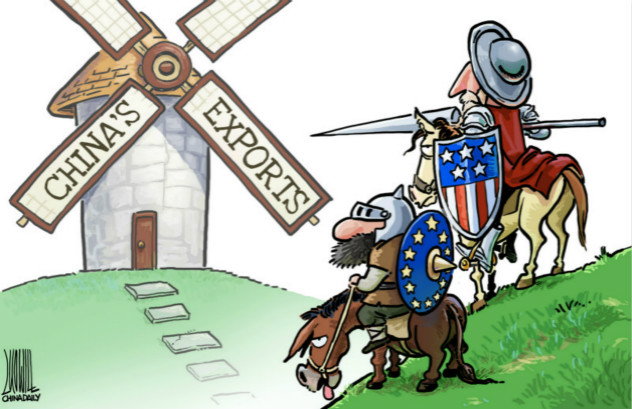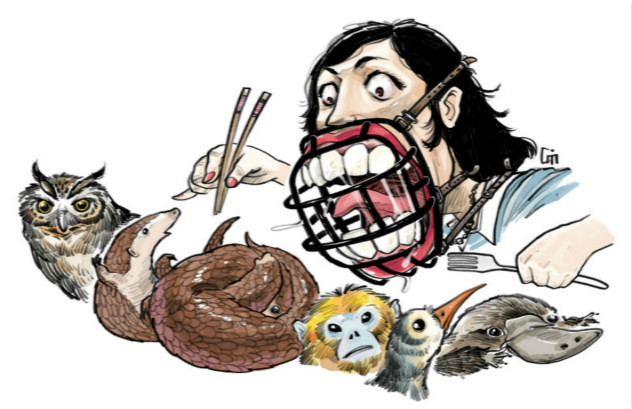Call for quality over quantity on China's think tanks
|
 |
|
Miao Lu, co- author of the book Think Tank Power at a press conference in Beijing on Jan 25, 2017. [Photo provided to Chinadaily.com.cn] |
A new book Think Tank Power, categorizes the importance of talent pools for generating new thinking, affecting policies, guiding public opinions, retaining professionals and supplementing diplomacy.
“Therefore, we also call think tanks the fourth branch of power,” Miao Lu, secretary-general of Center for China and Globalization, said during an interview with China Daily website.
Think tanks were noted as an important part of China’s soft power by top leader back in 2014. Thereafter, the development of think tanks has been fast tracked. In this book, the authors sift through the lessons from the development of western think tanks and add their own experience based on their nine years running one of the first batch of social think tanks in China.
Facing new circumstances home and abroad, China’s think tanks should follow their western counterparts and undertake reforms to their operation, internationalization, personnel and professionalization, according to Miao.
As China strives to play a bigger role in setting the global agenda, Chinese think tanks have to offer more support, commented Wang Huiyao, the president of Center for China and Globalization, and co-author of the book.

“In hindsight, think tanks have provided the intellectual support to the rising powers in modern history,” Miao said. “Likewise, China, as a rising power, urgently needs the support of think tanks.”
According to Miao, think tanks also play a role through the media by influencing the society and policy-making by generating ideas and debate in public.
“Compared with western think tanks, the development of the intellectual agencies in China is still far behind,” explained Miao Lu. “We hope one day China could make changes from quantity to quality and have more powerful and prestigious think tanks and that’s the reason we publish this book.”

























